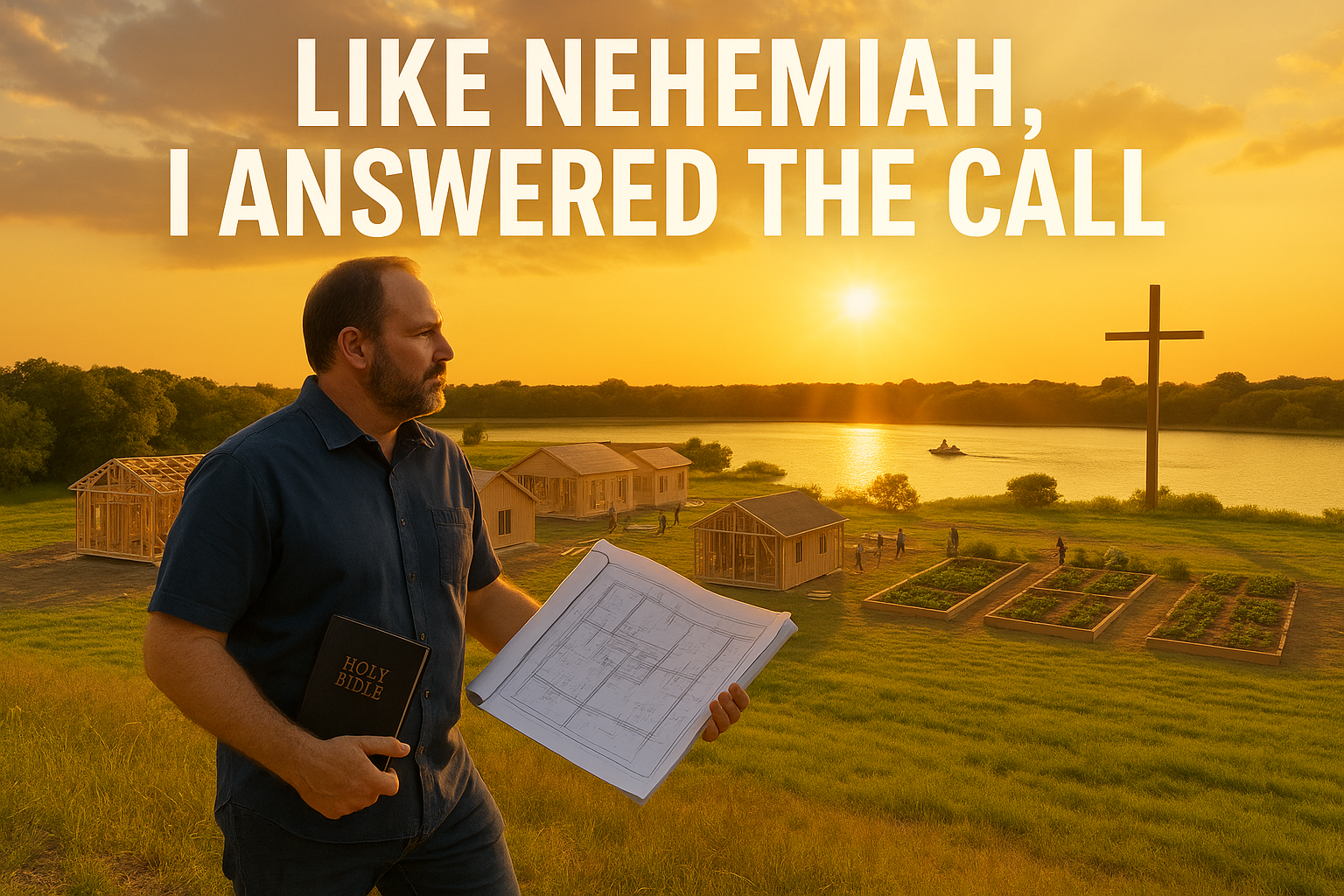Information
Welcome to the Freedom From Chains Recovery Ministries Blog! Here, we share stories of hope, practical guidance, and resources for those seeking freedom from addiction through faith and recovery.

Faith Foundations in Recovery
Explore how faith can be a cornerstone in your recovery journey. We delve into scripture, prayer, and stories of God's grace to offer strength and hope during challenging times.

Healing from the Past

Practical Recovery Tools
Discover daily habits, accountability strategies, and guidance on handling setbacks with faith. We provide practical steps for staying sober and spiritually grounded.
Living With Purpose
Find your path after addiction. Learn how to rebuild trust, serve others, and discover joy in new, healthy routines and passions, all while aligning with God's plan for your life.

Community and Support
Understand the vital role of fellowship and support in recovery. We spotlight community partners, encourage families, and emphasize that no one recovers alone.

Inspiration & Testimonies
Be inspired by personal transformation stories, guest testimonies, and devotionals tailored for recovery. We remind those still behind bars that they are not forgotten.

Who We Reach
Those Struggling With Addiction
We offer hope, guidance, and encouragement that freedom is possible through Christ. Expect testimonies, Bible verses explained simply, practical steps, and messages about second chances.
Families of the Addicted
We provide support and understanding. Find guidance on loving without enabling, setting healthy boundaries, stories of family restoration, and encouragement that God can redeem relationships.
The Wider Community
Learn how to break the stigma, support second-chance programs, and partner with our ministry. We raise awareness about reentry challenges and teach the value of second chances from a biblical perspective.
What We Hope to Achieve
Inspire Readers with Hope
We show that freedom is possible through Jesus Christ by sharing relevant Scriptures and powerful testimonies that remind everyone of God’s second chances.
Provide Practical Recovery Guidance
We offer step-by-step encouragement, tips for families, and share community resources like support groups and second-chance employers.
Share Success Stories
We post powerful testimonies of transformed lives, family reconciliations, and people stepping into God’s purpose to break stigma and encourage those still struggling.
Build Community & Awareness
We educate the community about the challenges of reentry and recovery, showcase our ministry’s work, and invite readers to get involved through volunteering, donating, or praying.
👉 In short, our blog can be a bridge: • To the broken → hope & healing • To families → encouragement & wisdom • To the community → awareness & partnership
Take Action
Connect Personally
Contact the ministry for help, join a support group or Bible study, and share your own testimony or prayer request.
Support the Mission
Donate to help build the Freedom From Chains Recovery Campus, become a monthly partner, or give in practical ways like food, clothing, or volunteer time.
Explore More Resources
Read additional blog posts or devotionals, download recovery guides, and access links to partner ministries and recovery hotlines.
Spread the Word
Share posts on social media, invite friends to read, and help break stigma by talking about second chances openly.
👉 Ideally, every post should close with a gentle invitation that matches its theme. For example: • A testimony post → “If you or someone you love needs a second chance, reach out to us today.” • A devotional → “Want more encouragement? Subscribe to our recovery devotionals.” • A community spotlight → “Partner with us in changing lives—learn how you can support our campus project.”
Create Your Own Website With Webador